
Campaigns
Angling Trust and Fish Legal submit evidence on water quality to Parliament
The Angling Trust and Fish Legal have made a joint submission to the Environmental Audit Select Committee’s inquiry into the quality of water in our rivers.
The Environmental Audit Committee is seeking a range of views on the impact sewage pollution, particularly from Combined Sewage Overflows (CSO), is having on the quality of water found in our rivers.
In the evidence provided to the committee, the Angling Trust and Fish Legal have pointed out that the poor water quality found in many of our rivers is the consequence of many factors and not just CSOs. Poorly maintained and operated sewage treatment works and poor land management resulting in run off are both important factors that need to be considered.
But all of the problems our rivers face are compounded by the inadequate and grossly underfunded nature of the Environment Agency’s and Natural Resources Wales’ monitoring system. Before anything meaningful can be done to address water quality it is vital we have a comprehensive and effective monitoring system in place.
Stuart Singleton-White, Head of Campaigns at the Angling Trust, said:
“You can hold inquiries, you can tinker with the standards and regulations as much as you like, but if you are not properly monitoring what is happening to our rivers and enforcing actions where failures are found, they will make little difference. Without comprehensive monitoring you are flying blind. Claims by the government and the Environment Agency on how clean our rivers are simply won’t wash without good monitoring.”
In their submission, the organisations pointed out that in addition to a lack of funding the monitoring regime placed too much reliance on “spot sampling”. This is a flawed approach. The limitations of spot sampling in practice are acknowledged in a recently published Natural Resources Wales (NRW) report concerning phosphate pollution on the River Wye, where it openly states:
‘Many water bodies showed a pattern of episodic poor water quality. Detecting such episodes is a particular challenge for a programme based on spot sampling, since relatively rare events can have a major impact on the outcome of assessments. Inevitably, not all such episodes will be detected by such sampling, and it is also not possible to know with any certainty whether these occur on a regular basis, or are genuine one-offs.’
Penny Gane, Head of Practice at Fish Legal, said:
“We have taken numerous successful legal cases in support of angling clubs, anglers and fish which have shown, time and again, that as well as the lack of enforcement, the lack of monitoring and thus the identification of problems before they become major incidents has been a contributing factor.
“The lack of monitoring and the failures of the monitoring approach is well known. And yet, the new River Surveillance Network introduced by the Environment Agency makes the same mistakes and is over reliant on spot sampling.”
When the much-delayed Environment Bill finally comes back to Parliament, the government have committed to develop a set of legal targets to protect biodiversity and the environment. In their submission, the Angling Trust and Fish Legal have made it clear there needs to be robust targets to ensure we have strong action on water quality and the protection of our freshwater habitats.
Sign our petition calling for better protection of our waters
You might also like

We want a water industry fit for purpose

Another year of anglers’ data reveals another year of…

Get Fishing Fund – Funded Project: ‘Summerhayes Junior Angling…
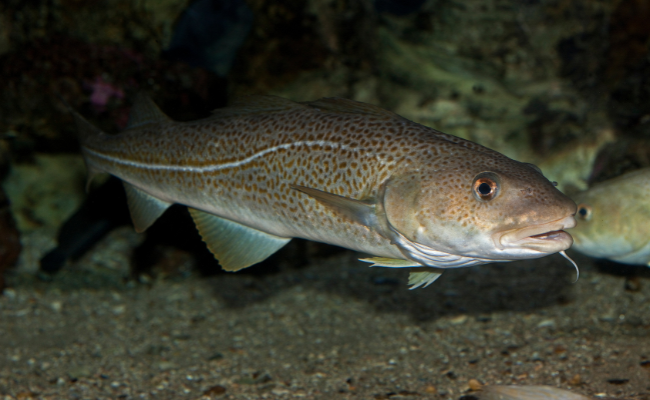
Will the UK-EU Fisheries Deal Deliver for Sustainability and…

The smile says it all! Kayson is hooked! –…
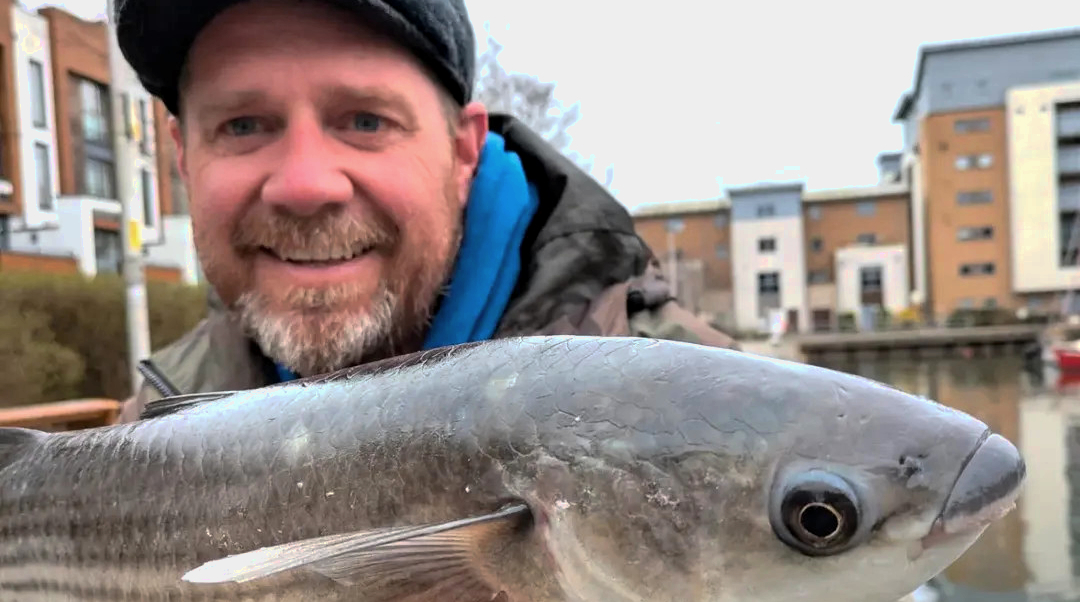
Our Man with a Mullet! Dean Asplin, enjoys a…
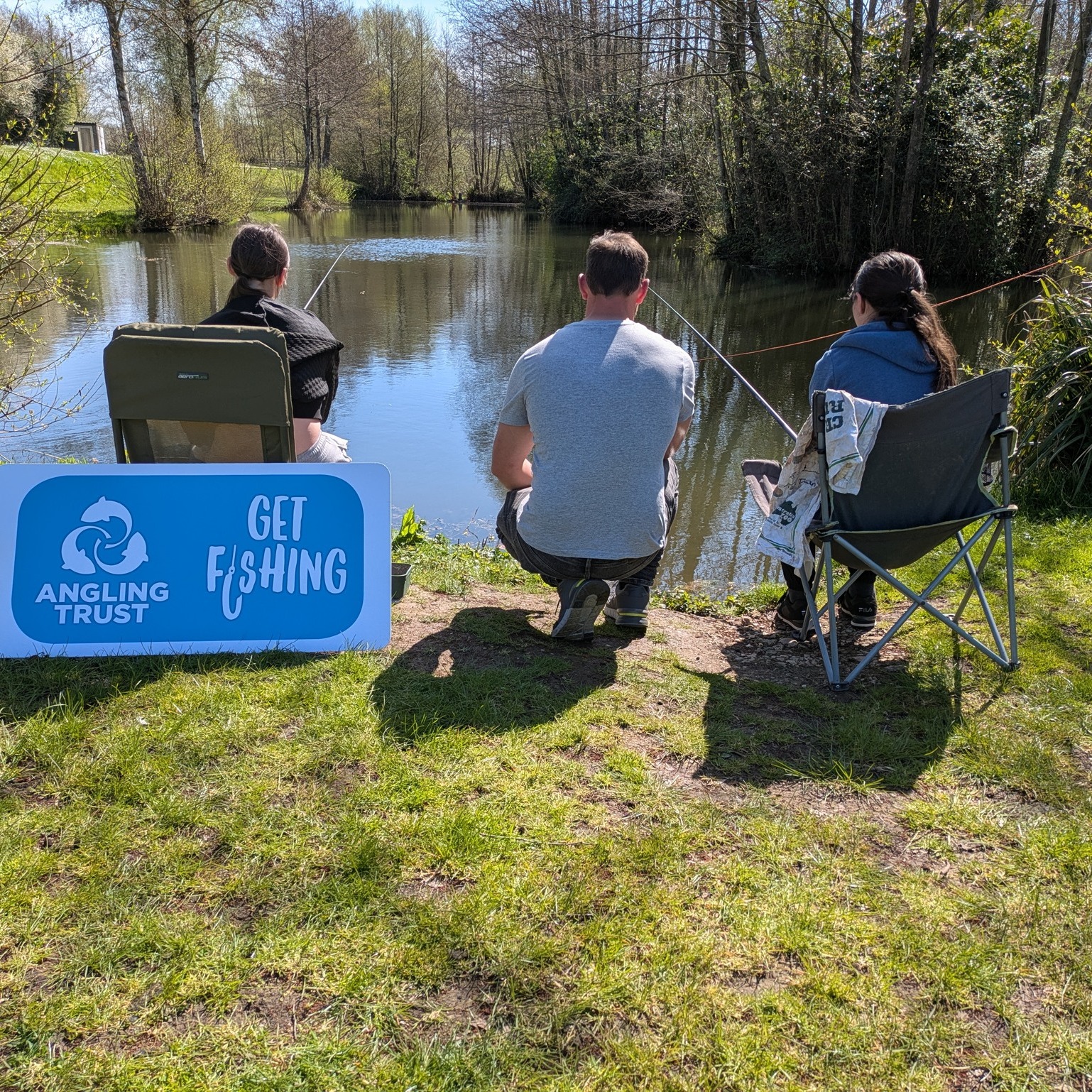
Underdog Crew hosts top draw fishing events with Hintlesham…
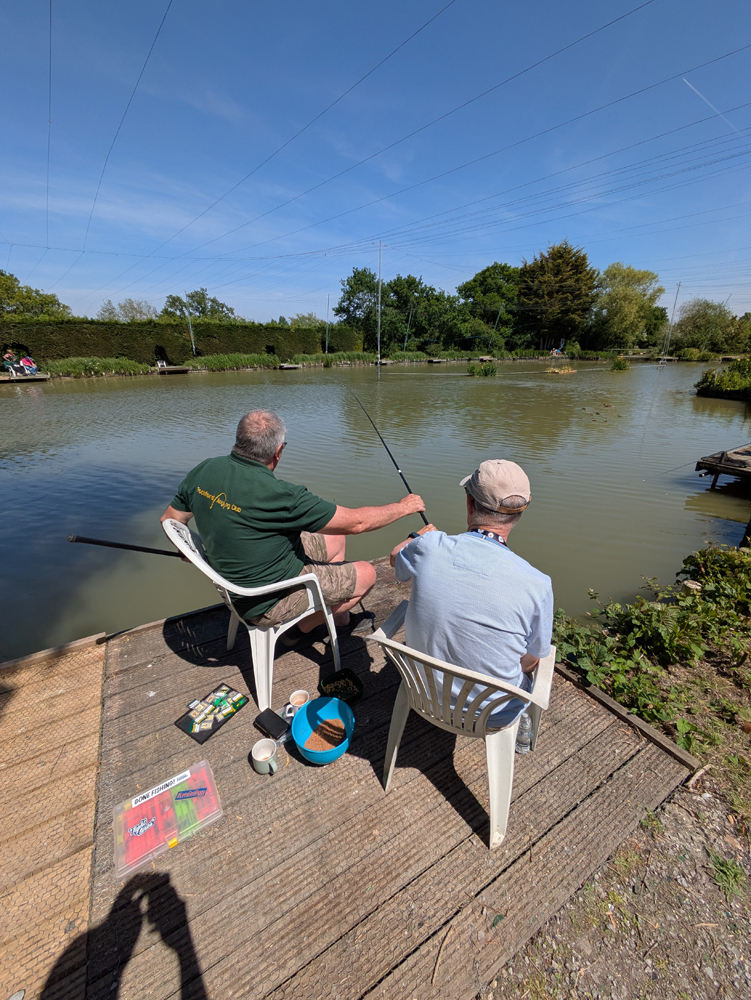
NEW BLOG: Fishing helped my Peaceful Place members with…
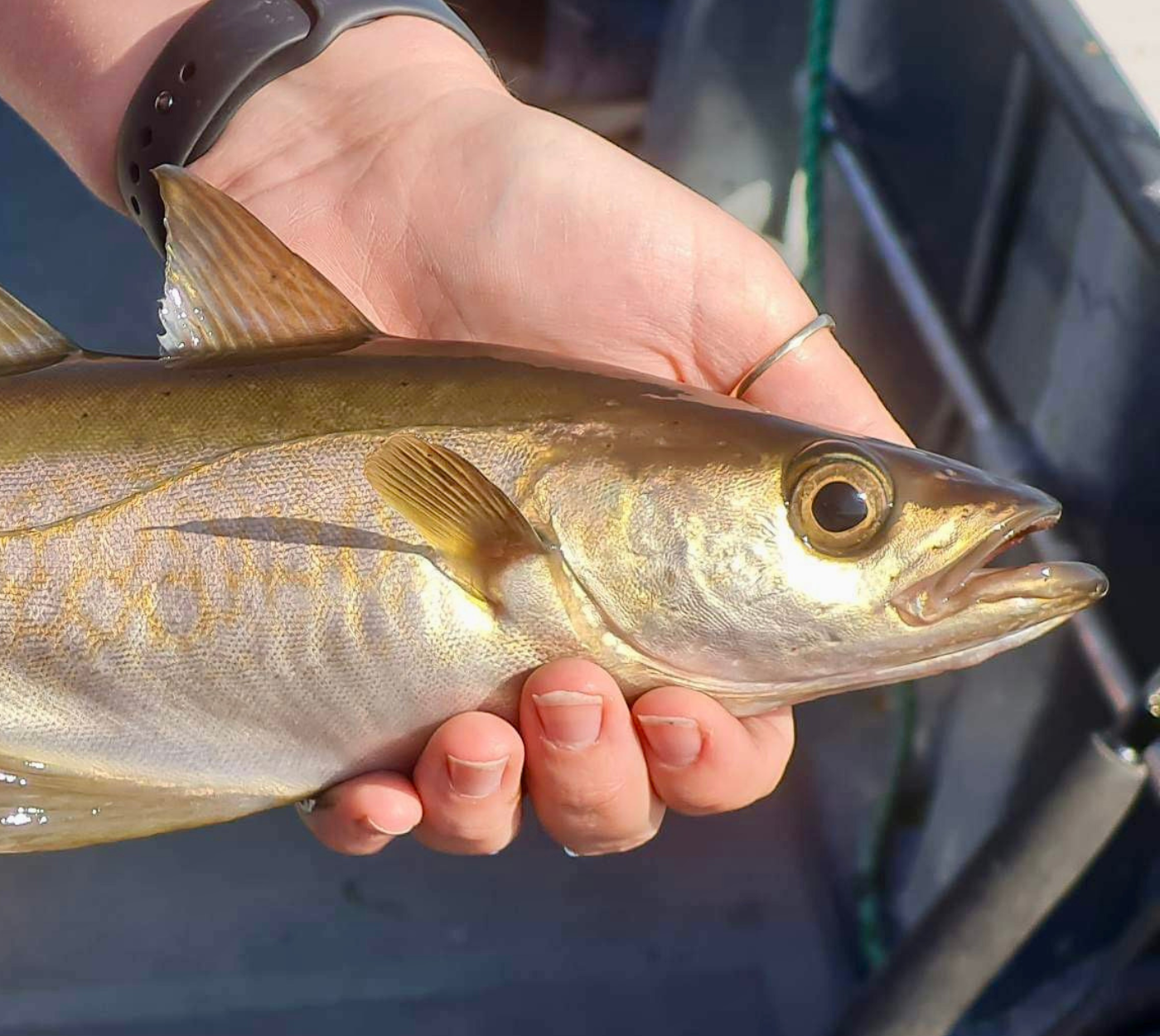
Minister’s Visit Highlights Collaborative Action on Pollack Conservation

Angling Trust calls for radical reforms to end sewage…
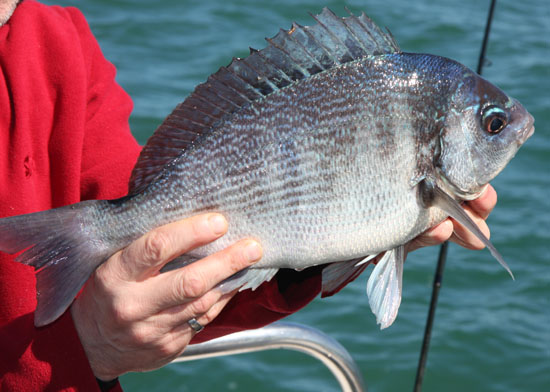
Have Your Say: Shape the Future of Black Bream…
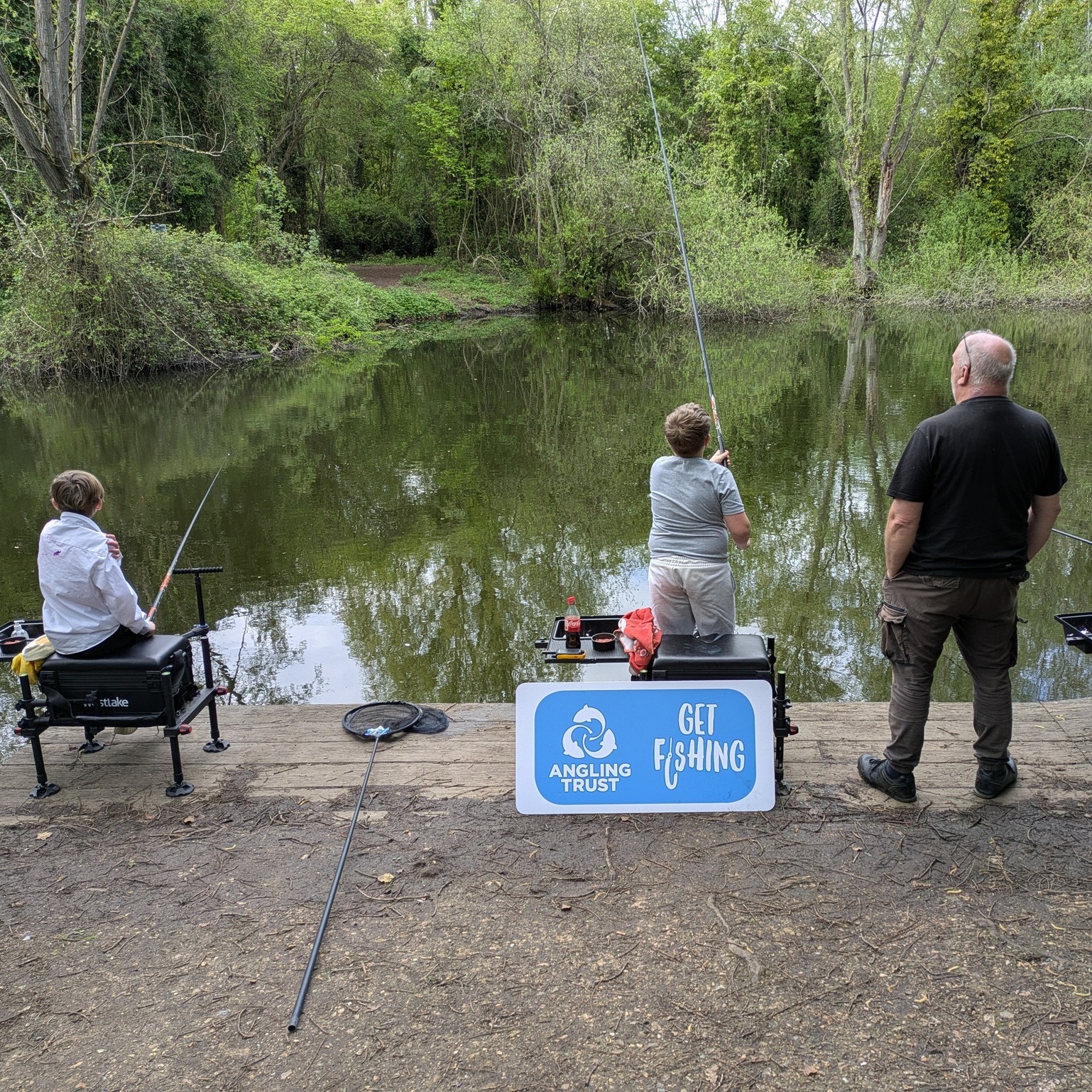
NEW BLOG: Get Fishing Award event for North Cambridge…

We want a water industry fit for purpose

Another year of anglers’ data reveals another year of…

Get Fishing Fund – Funded Project: ‘Summerhayes Junior Angling…

Will the UK-EU Fisheries Deal Deliver for Sustainability and…

The smile says it all! Kayson is hooked! –…

Our Man with a Mullet! Dean Asplin, enjoys a…

Underdog Crew hosts top draw fishing events with Hintlesham…

NEW BLOG: Fishing helped my Peaceful Place members with…

Minister’s Visit Highlights Collaborative Action on Pollack Conservation

Angling Trust calls for radical reforms to end sewage…

Have Your Say: Shape the Future of Black Bream…

NEW BLOG: Get Fishing Award event for North Cambridge…

We want a water industry fit for purpose

Another year of anglers’ data reveals another year of…

Get Fishing Fund – Funded Project: ‘Summerhayes Junior Angling…

Will the UK-EU Fisheries Deal Deliver for Sustainability and…

The smile says it all! Kayson is hooked! –…

Our Man with a Mullet! Dean Asplin, enjoys a…

Underdog Crew hosts top draw fishing events with Hintlesham…

NEW BLOG: Fishing helped my Peaceful Place members with…

Minister’s Visit Highlights Collaborative Action on Pollack Conservation

Angling Trust calls for radical reforms to end sewage…

Have Your Say: Shape the Future of Black Bream…









